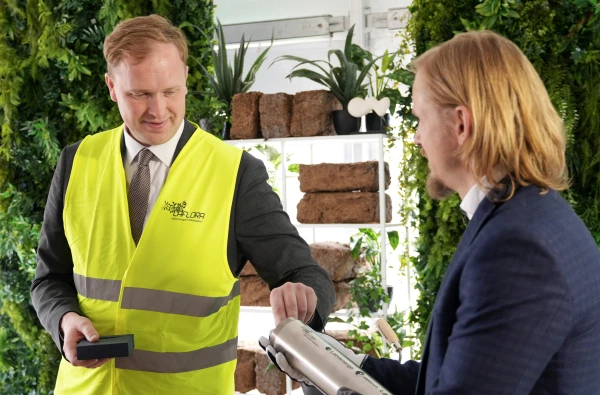
Within the framework of 389 financial agreements, Latvia limited the emission of 13.1 thousand tons of gases.
Increasing the energy efficiency of buildings, acquiring renewable energy sources, purchasing new equipment, and emission-free vehicles — all these areas of the European Union's "green course" are handled by the agency of Viktors Valainis.
Today, the "green farmer" reports to the Cabinet of Ministers on how the investments of 89 million euros were spent, of which the EU mechanism provided 43.29 million.
The Minister is Still "Green"
In fact, the minister from the "green farmers" has ensured only a negligible reduction in emissions with all his initiatives. For example, in 2021, the volume of greenhouse gas emissions in Latvia amounted to about 8.5 million tons of CO2 equivalent. However, this figure has decreased by 66% compared to 1990, which is the most significant reduction among EU countries.
The main sources of emissions are agriculture (32.9%), energy (32.4%), and transport (20.8%). It is worth noting that industry emits almost nothing — as it barely breathes!
Nevertheless, the Ministry of Economics sets ambitious goals — for example, it purchases electric vehicles with the aim that they will cover at least 20,000 km per year, which will have an effect on environmental cleanliness. In Latvia, one can "green" their business with an amount of up to 5,000,000 euros, with a target figure of reducing energy consumption by 30%. On average, thanks to the efforts of the financial institution ALTUM, we provide 135,289 euros per enterprise, and there are only 6 projects that have exceeded 1 million.
In theory, even a "leading economic activity" micro-entrepreneur can apply for "climate" subsidies. Moreover, the planned support for them can reach 50% of the project funding (for large economic entities — 30%).
Insulate and Enrich!
A contribution to the overall effort to reduce CO2 emissions includes, among other things, the "restoration, reconstruction, or creation of engineering networks of non-residential buildings." Naturally, wind turbines, solar panels, and heat pumps are paid for. The Ministry of Economics has also included licenses, patents, and software in the list of reimbursable items. Even the waterproofing of sewage systems, so-called stormwater systems, is included.
All financial assistance programs are planned to continue until March 31, 2029, i.e., for the medium term. However, in any case, there is no need to worry about Latvia's climate commitments during this period, as the real sector of the economy will continue to happily decline. Unless, of course, the entire economic policy changes...


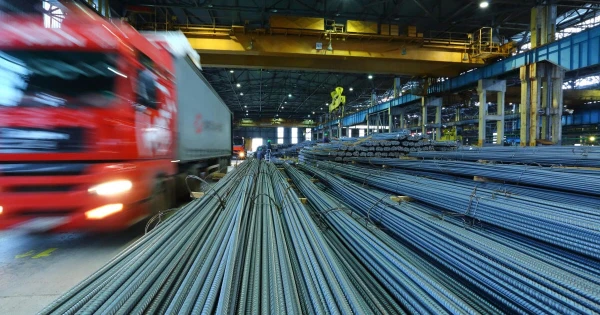
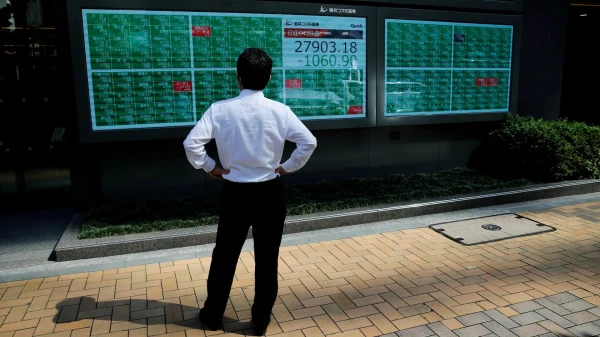
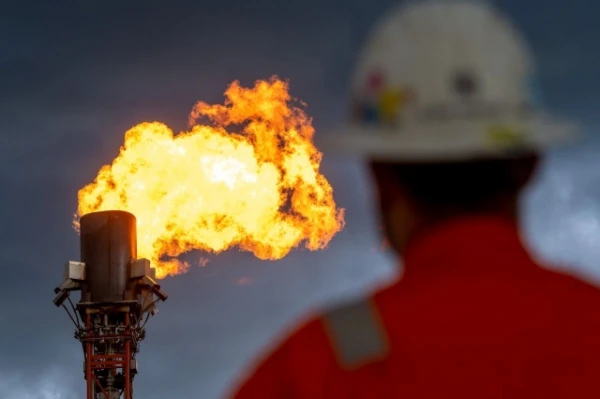
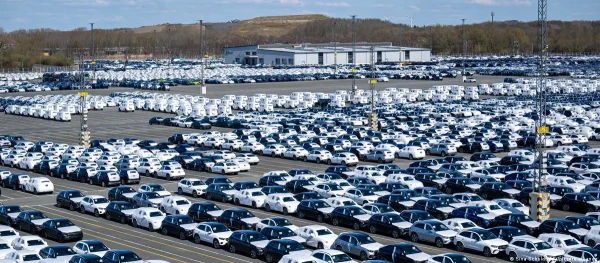
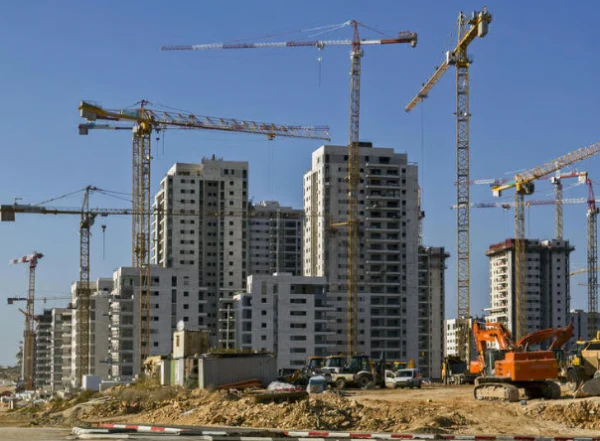
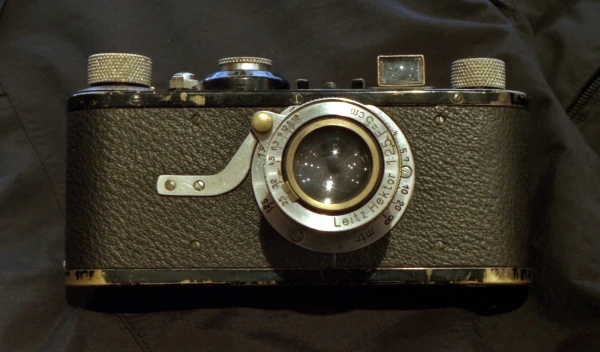
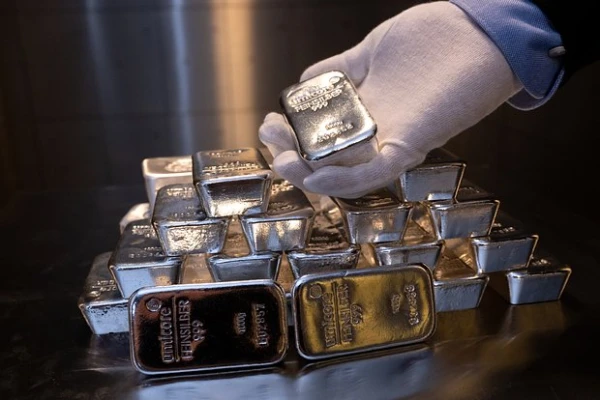
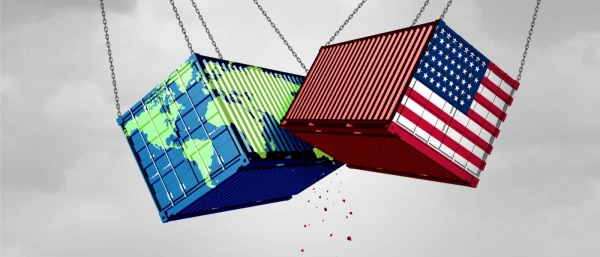
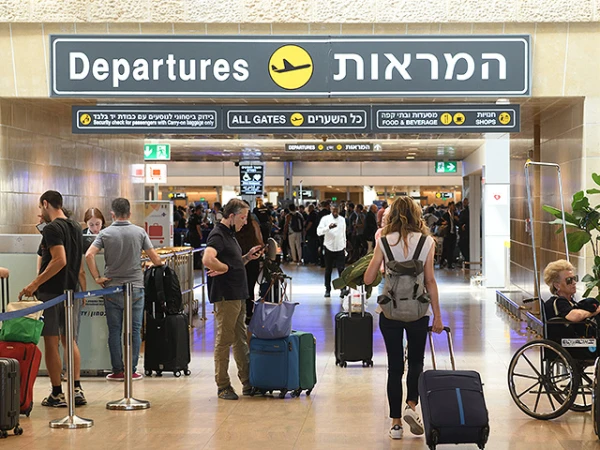

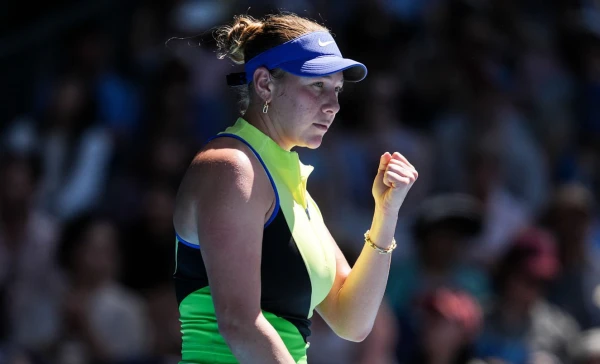

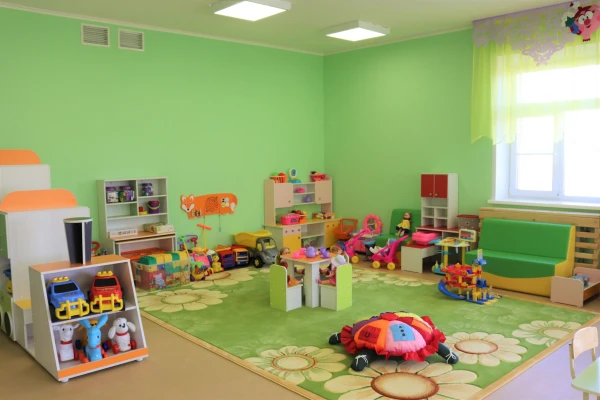
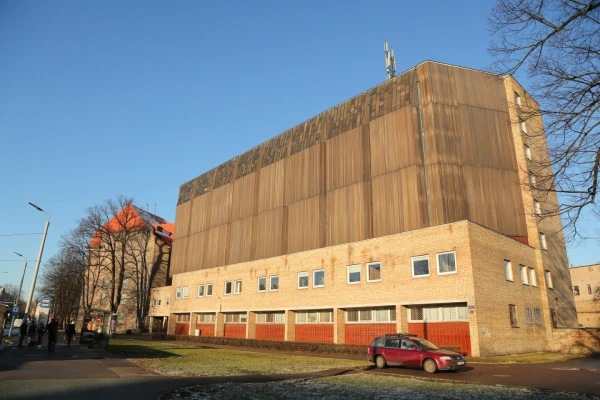
Leave a comment